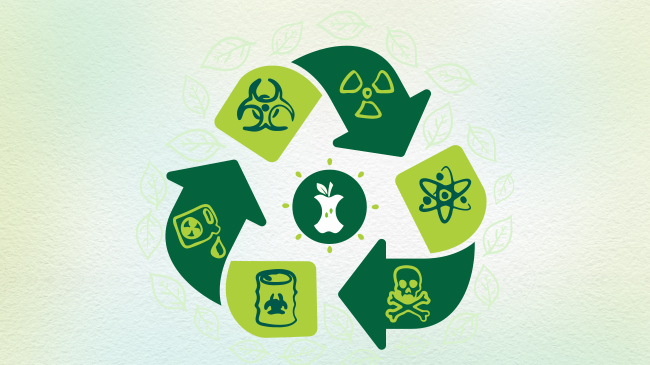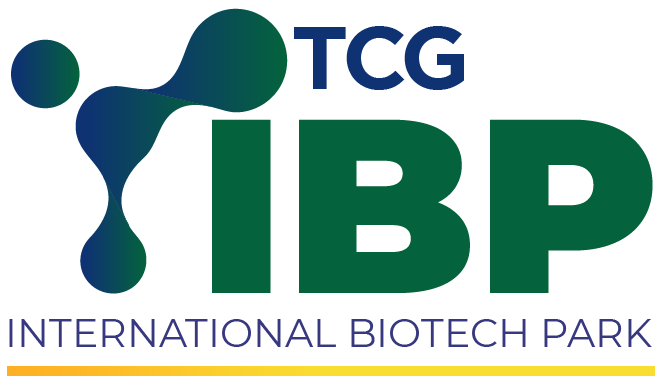The positive impact of hazardous waste recycling

The positive impact of hazardous waste recycling
Hazardous waste disposal, if not done correctly, can pose the greatest risk to the general public as well as the planet. Hazardous waste is any substance in solid, liquid, or gaseous form that poses harm to human health and the environment due to physical, chemical, reactive, poisonous, combustible, explosive, corrosive, radioactive, or infectious properties.
Industries are critical to the economic well-being of modern civilization, and hazardous waste is an unavoidable byproduct of progress and industrialization. The proper disposal of hazardous waste is a big concern all over the world. Hazardous wastes can be disposed of at the Treatment, Storage, and Disposal Facility on the premises the lab spaces are located.
Here are a few ways recycling can help:
Water and air quality are improved
Recycling lessens the air pollution brought on by burning fossil fuels, which account for the majority of the energy produced and include coal, oil, and natural gas. Recycling lowers greenhouse gas emissions by the equivalent of removing millions of cars from the road for one year, and using recycled paper reduces air pollution as compared to using raw materials.
Soil pollution decreases
Recycling can help deteriorate soils that lack organic matter or have poor structure and fertility. The possible harm posed to the soil is the primary environmental issue connected to the disposal sites. Since the waste was dumped directly on top of the soil, many toxins, especially heavy metals, easily permeate the surface and eventually poison the soil, which in turn affects the region’s vegetation abundance. Solid waste contaminants function as an outside force influencing the physicochemical properties of soil, ultimately causing poor vegetation growth.
Greenhouse gas emissions are reduced
As previously stated, landfill emissions contribute to global warming. One of the major advantages of treating hazardous waste in recycling plants is that it minimizes the emission of gases responsible for global warmings, such as methane CH4 or CO2 dioxide. The use of recycled resources in the manufacturing of new items wherever applicable lowers the requirement for virgin materials. This reduces greenhouse gas emissions caused by the extraction or mining of virgin materials. Furthermore, creating things from recycled materials uses less energy as compared to manufacturing products from raw materials.
At TCG International Biotech Park, Pune, you will find provisions for Disposal of Hazardous Waste, Effluent Treatment Plants, and Sewage Treatment Plants for wastewater treatment – all ready to ensure that the waste is thoroughly processed before it leaves our premises. The rules and guidelines issued by the Central Pollution Control Board ensure safe handling, generation, processing, treatment, packaging, storage, transportation, use reprocessing, collection, conversion, and offering for sale, destruction, and disposal of Hazardous Waste. TCG IBP diligently follows Hazardous and Other Wastes (Management & Transboundary Movement) Rules, 2016inclusive of its various amendments. We also proudly follow the issues SOP for disposal attuned with keeping the environment safe.
As per the guidelines, the waste management hierarchy has been implemented in the order of priority of prevention, minimization, reuse, recycling, recovery, co-processing, and safe disposal. The essential requirement of infrastructure to protect the health and environment from the waste processing sector has been established as Standard Operating Procedures (SOPs), particular to waste type, which must be followed by stakeholders and ensured by SPCB/PCC when such authorization is granted. Furthermore, the list of procedures producing hazardous wastes has been discussed and taken into account in light of technological advancements within the industry.
At our biotech park, we ensure that hazardous waste management is done thoroughly through credible waste disposal facilities, like the reliable MEPL (Maharashtra Enviro Power Limited). They follow the process of direct land filling (DLF), Land filling after treatment (LAT), and Incineration (PGVR). Through MEPL, we can rest assured that the waste is being disposed or treated properly, even after it exits the park.
We believe that besides focusing on the impact recycling has on the environment, we as responsible citizens and inhabitants of the planet must also help minimize climate impacts through source reduction, reuse, and recycling. Attention to the risks of hazardous waste and its proper disposal is the need of the hour for a non-toxic and thriving future!


